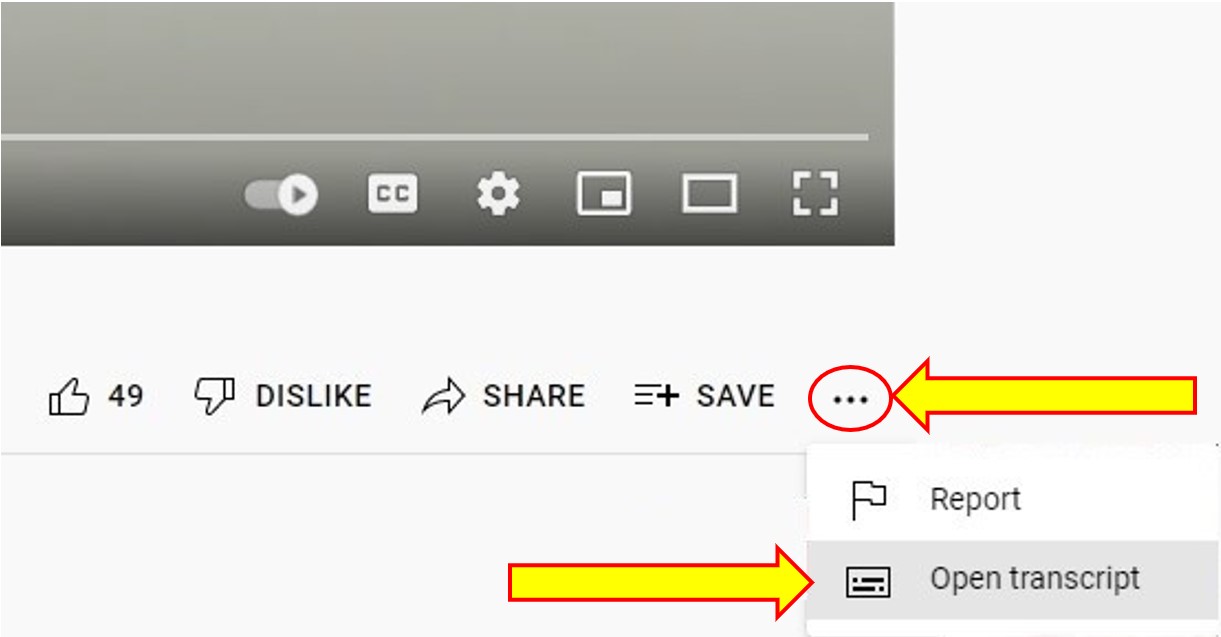2.15 Evaluating Sources for Reputability
Why evaluation is critical in business contexts
When providing information gleaned from secondary sources, business professionals must be confident that the information is reputable and relevant. In today’s world of information overload, such a task requires thoughtful consideration.
Evaluating articles and books
Use the criteria listed below to evaluate journal articles or books.
Timeliness
When was the piece written? If it’s older than 10 years, is the information still correct?
Credibility
Who are the authors? Are the writers considered experts in their fields? Do they cite their credentials? If the authors are journalists, is the newspaper or journal for which they write reputable? If the authors are academics, has the work been peer reviewed and are appropriate citations and references included?
Audience
Who is the intended audience? What is the general readership of the newspaper or journal in which the article is published?
Purpose
What is the overall purpose of the text? Is it written to inform or persuade, or is it written to both inform and persuade?
Attitude
What is the author’s attitude towards the subject? Do they have a particular bias for or against the topic under discussion?
Evaluating Websites
Evaluating the reputability of websites presents additional challenges because no standard norm exists and because most websites are not monitored. Therefore, in addition to considering the criteria mentioned above, think about the following when evaluating a website.
Check the website’s URL (Uniform Resource Locator)
Listed below are commonly used URLs and their intended uses. Intended is italicized because the intended URLs can be used for other purposes. The URL .gov is the only restricted one.
For example, Centennial College’s URL is centennialcollege.ca even though it is an educational institution. Likewise, Egg Farmers of Ontario, which is a supply management and fair farm pricing organization, uses www.getcracking.ca.
| URL | Intended Use |
|---|---|
| .biz | business, commercial |
| .com | commercial |
| .edu | educational |
| .gov | a restricted URL; only governments can use it. |
| .net | network providers |
| .org | individual or organizational |
| URL | Country |
|---|---|
| .ca | Canada |
| .fr | France |
| .cn | China |
Check the website’s content
How is the information organized? Does it include advertisements or pay-for-service links?
For additional information and a website evaluation checklist, open this link in The Learning Portal.
Website Evaluation Checklist (https://tlp-lpa.ca/research/evaluate-for-quality)
Exercises
Activity
Part 1
Using the Website Evaluation Guide and Checklist located in The Learning Portal: Evaluate Your Resources (https://tlp-lpa.ca/research/evaluate-for-quality), evaluate Rapid Transit Alliance’s website.
Part 2
Next, modify the checklist and use it to evaluate Joe Pinsker’s article.
See References below for links to articles.
For additional information on evaluating sources, watch this presentation.
Transcript
To Access the Video Transcript:
1. Click on “YouTube” on the bottom-right of the video. This will take you directly to the YouTube video.
2. Click on the More Actions icon (represented by three horizontal dots)
3. Click on “Open Transcript”

References
- Pinsker, J. (2021, Jun. 17). Kill the 5-day workweek. The Atlantic. https://www.theatlantic.com/family/archive/2021/06/four-day-workweek/619222/
- Weller Library. (2020, Sep. 16). Evaluating sources using CRAAP [Video]. Youtube. https://youtu.be/2WJN-U4j2_A
- Work less, recover better? How a shorter working week answers many post-pandemic problems. (2021, Aug. 2). Rapid Transition Alliance. https://www.rapidtransition.org/stories/work-less-recover-better-how-a-shorter-working-week-answers-many-post-pandemic-problems/

